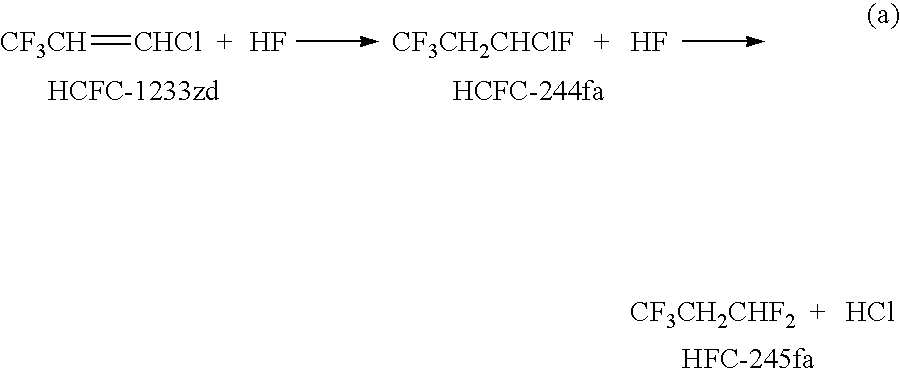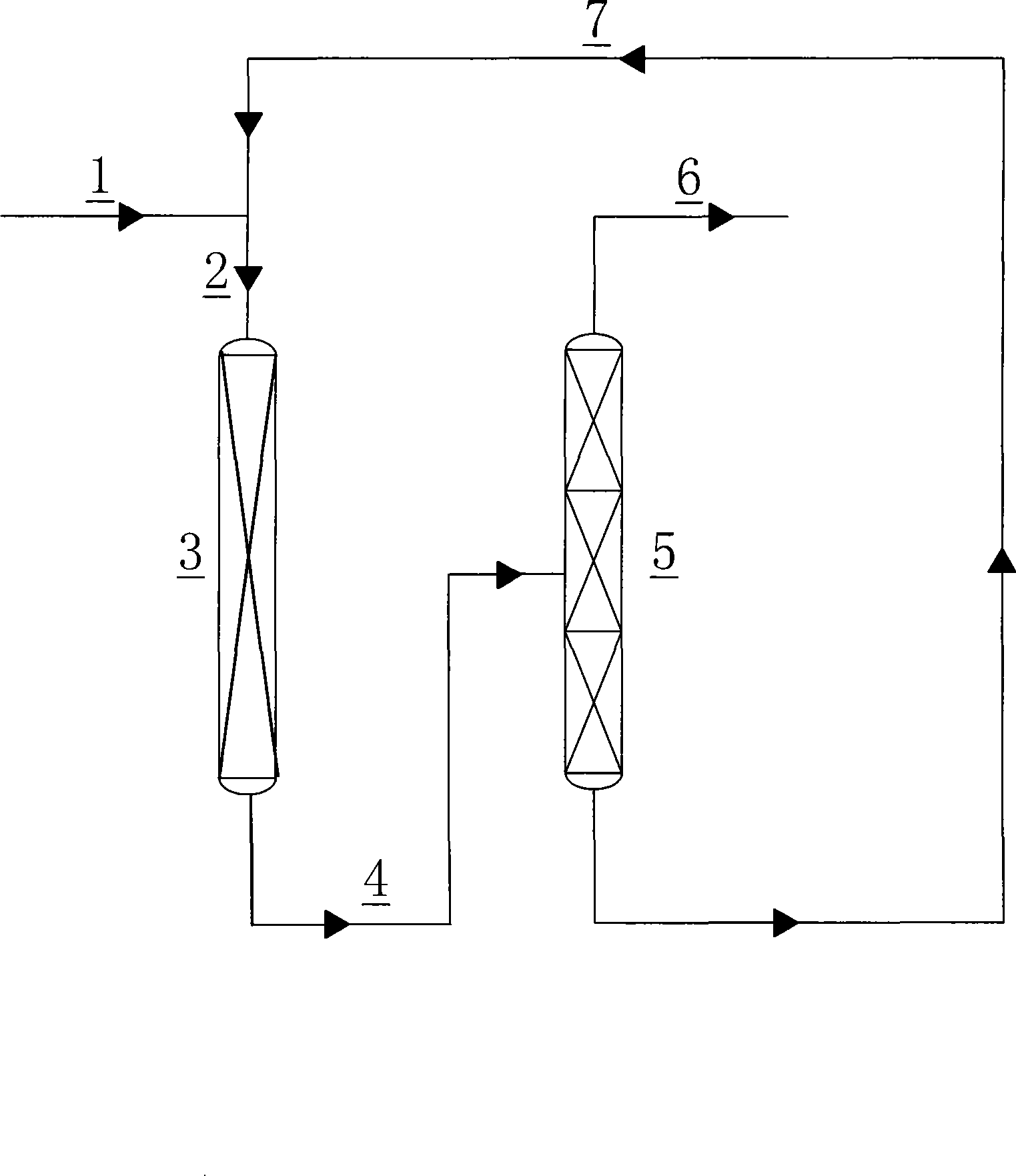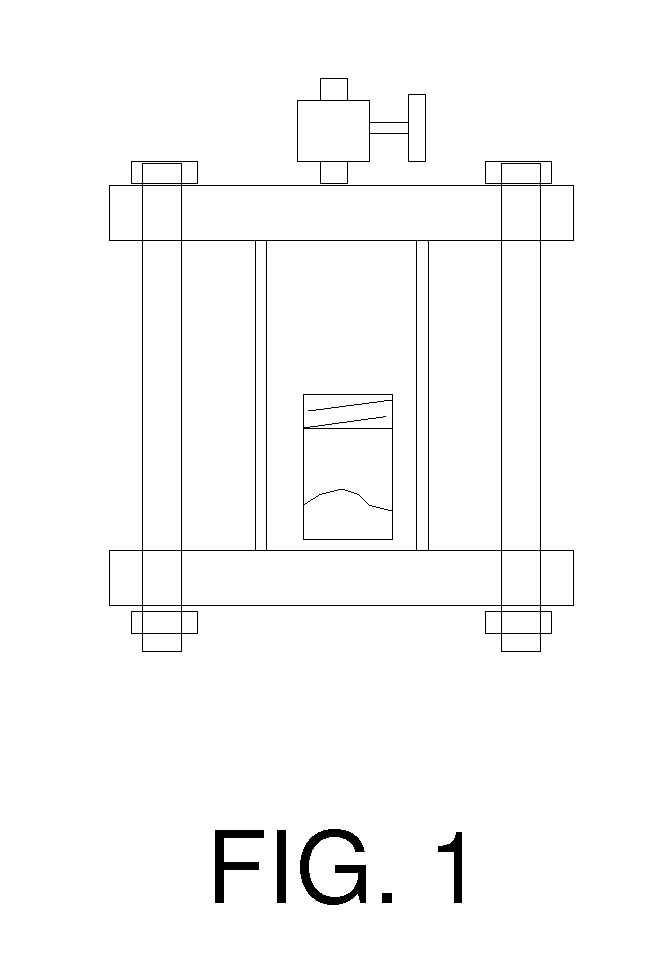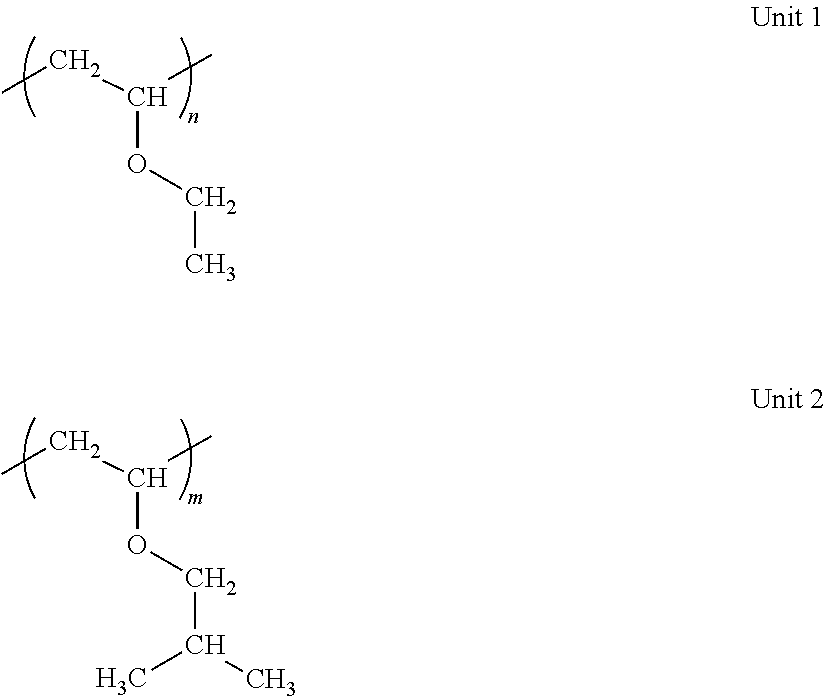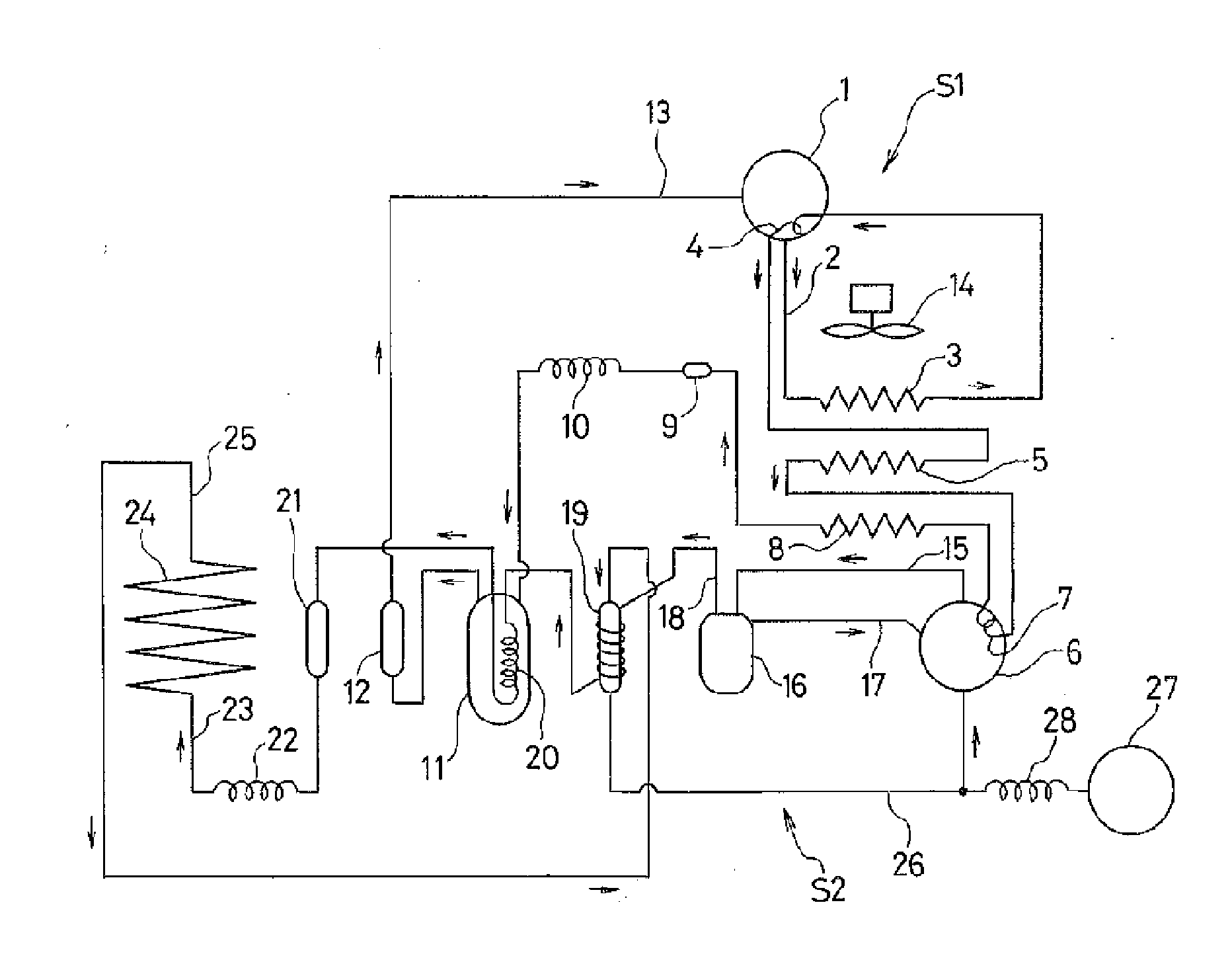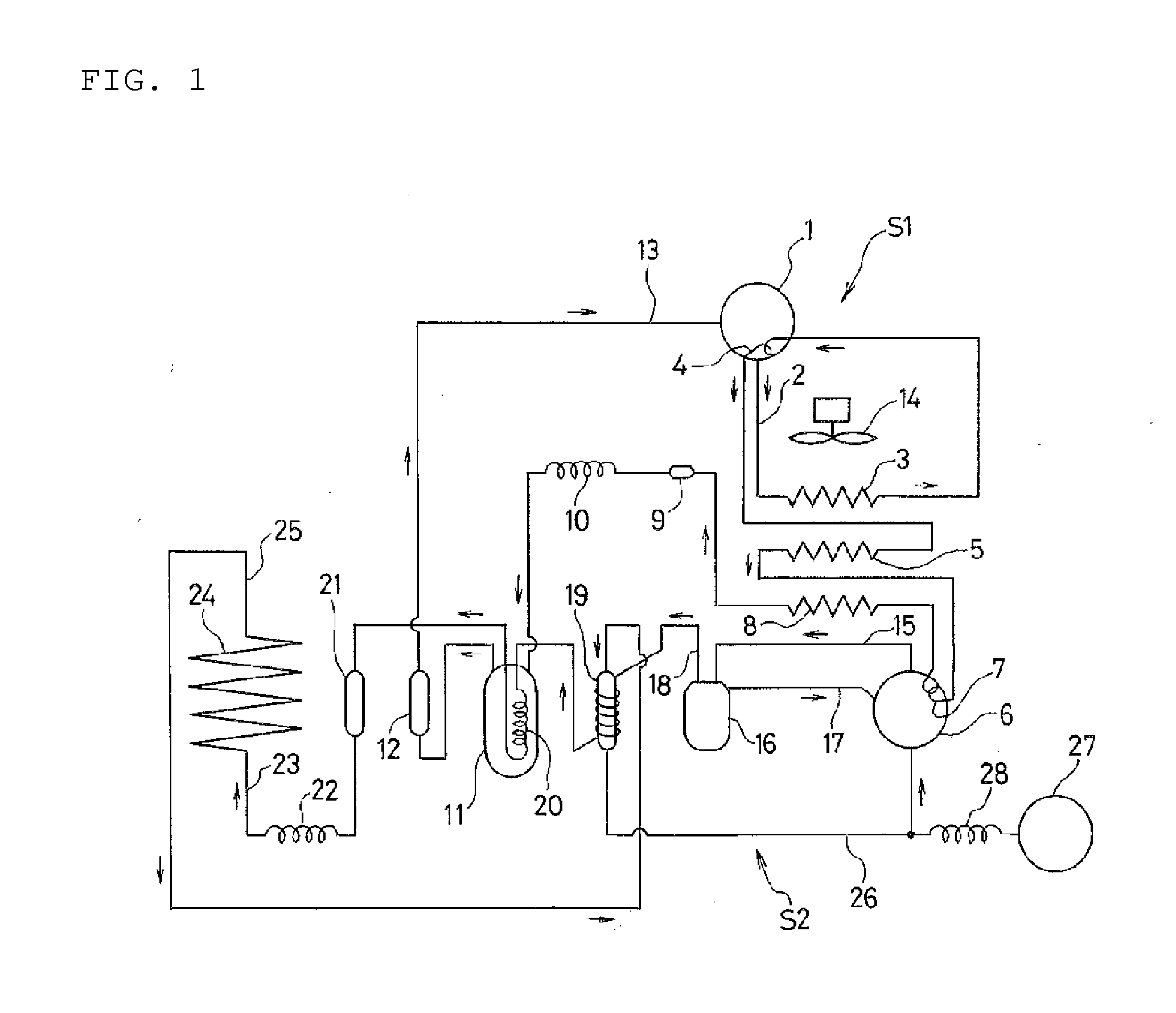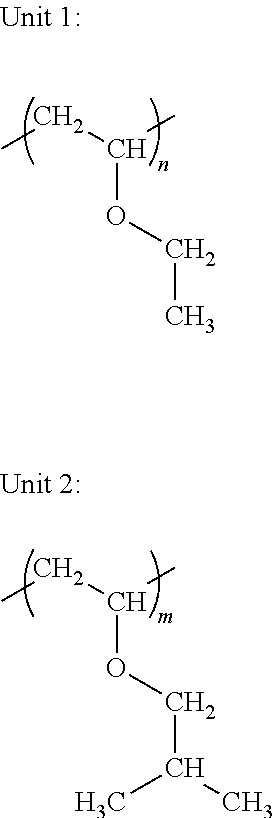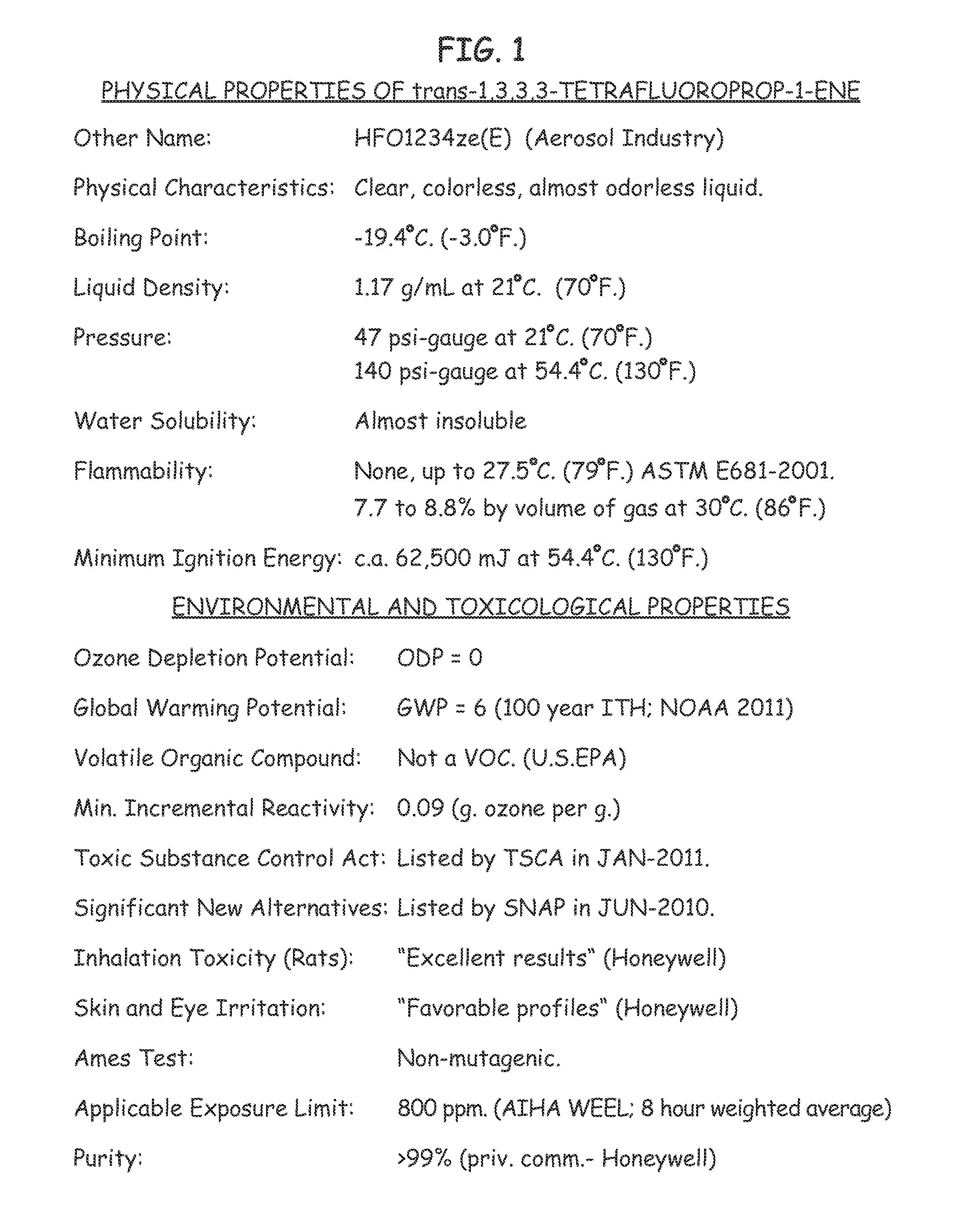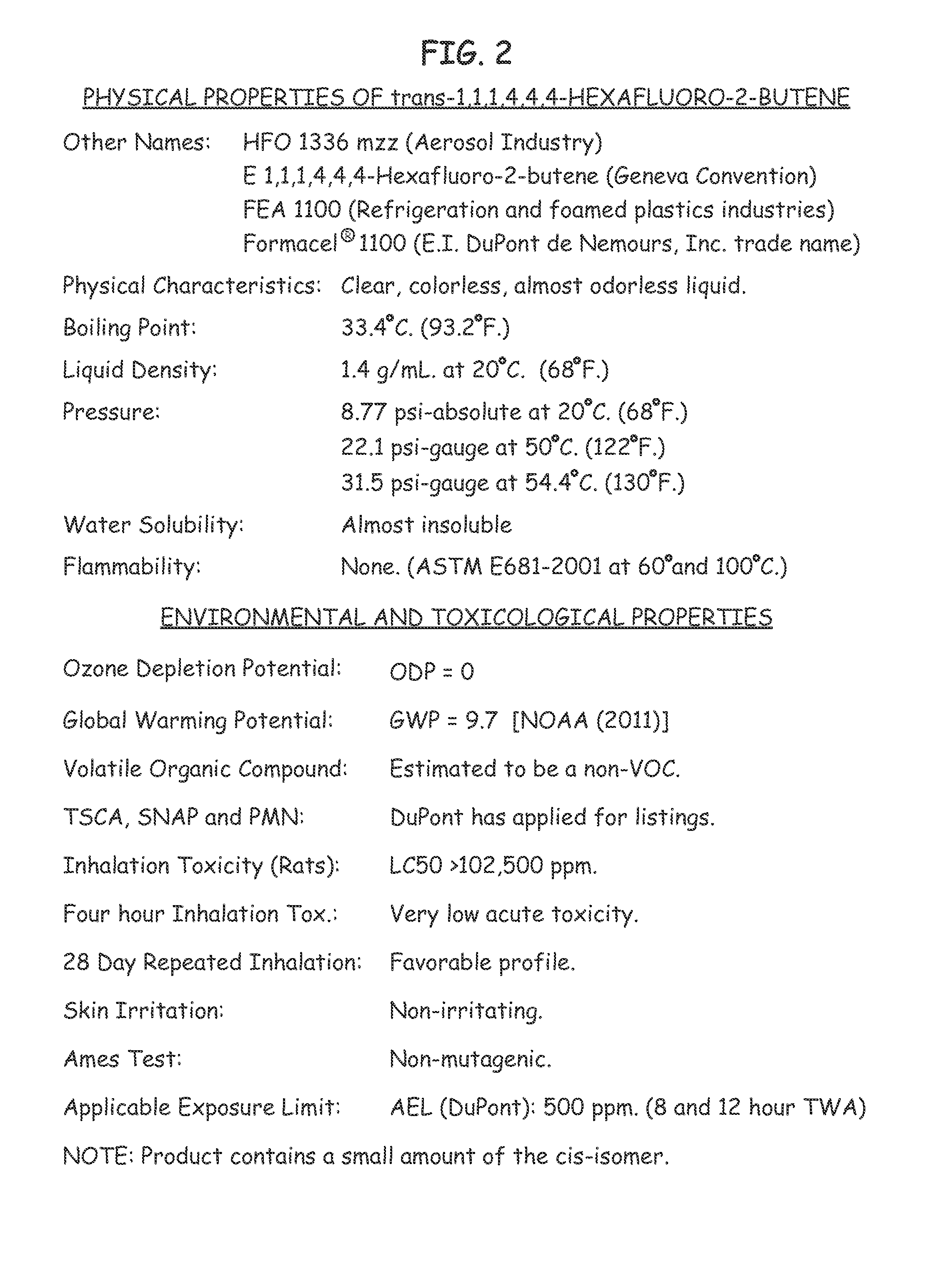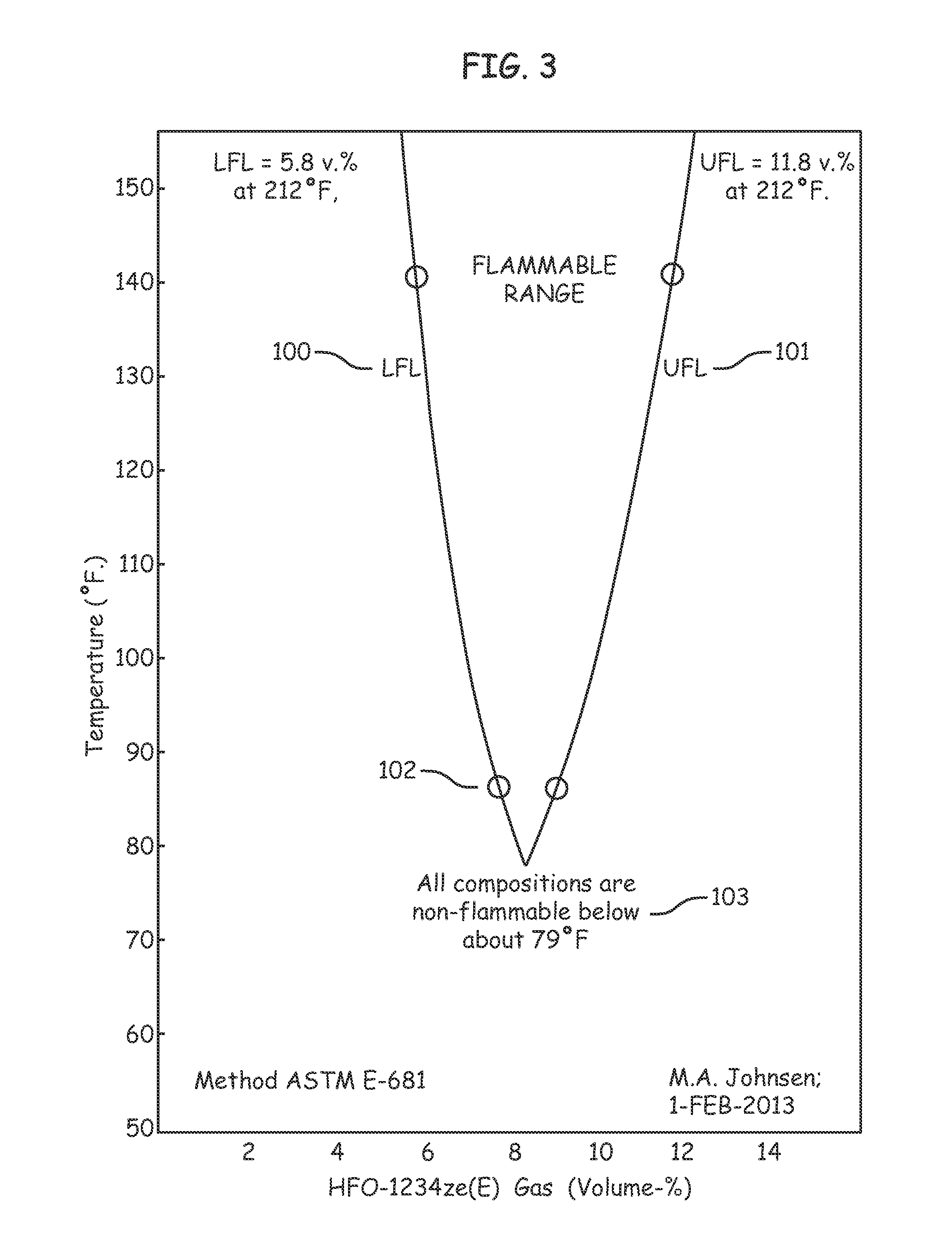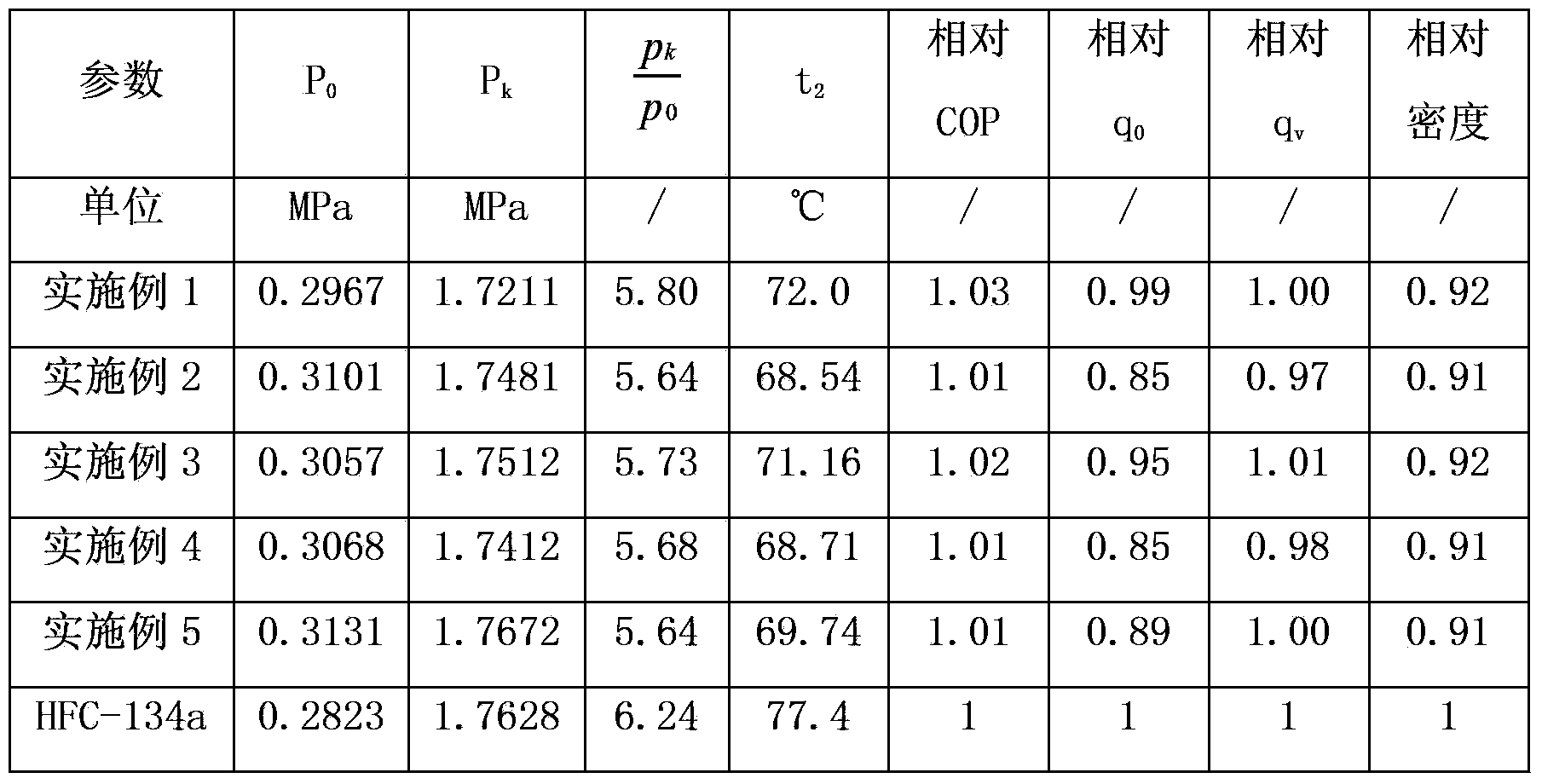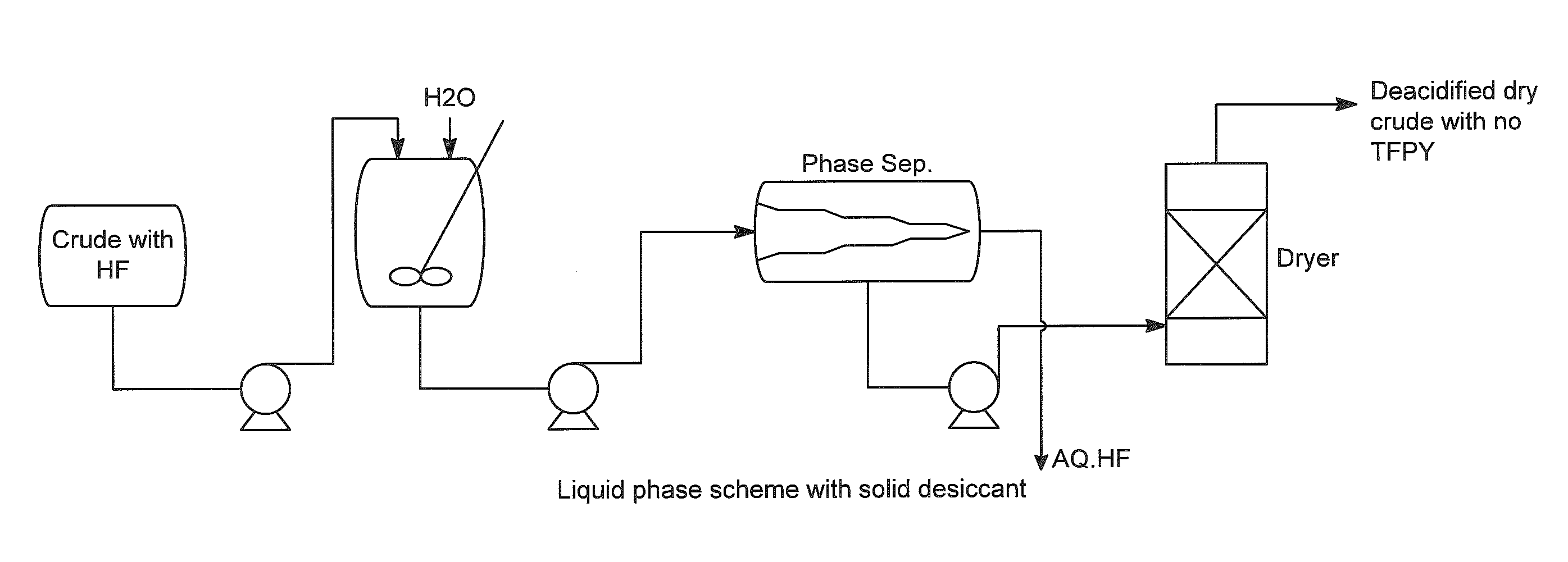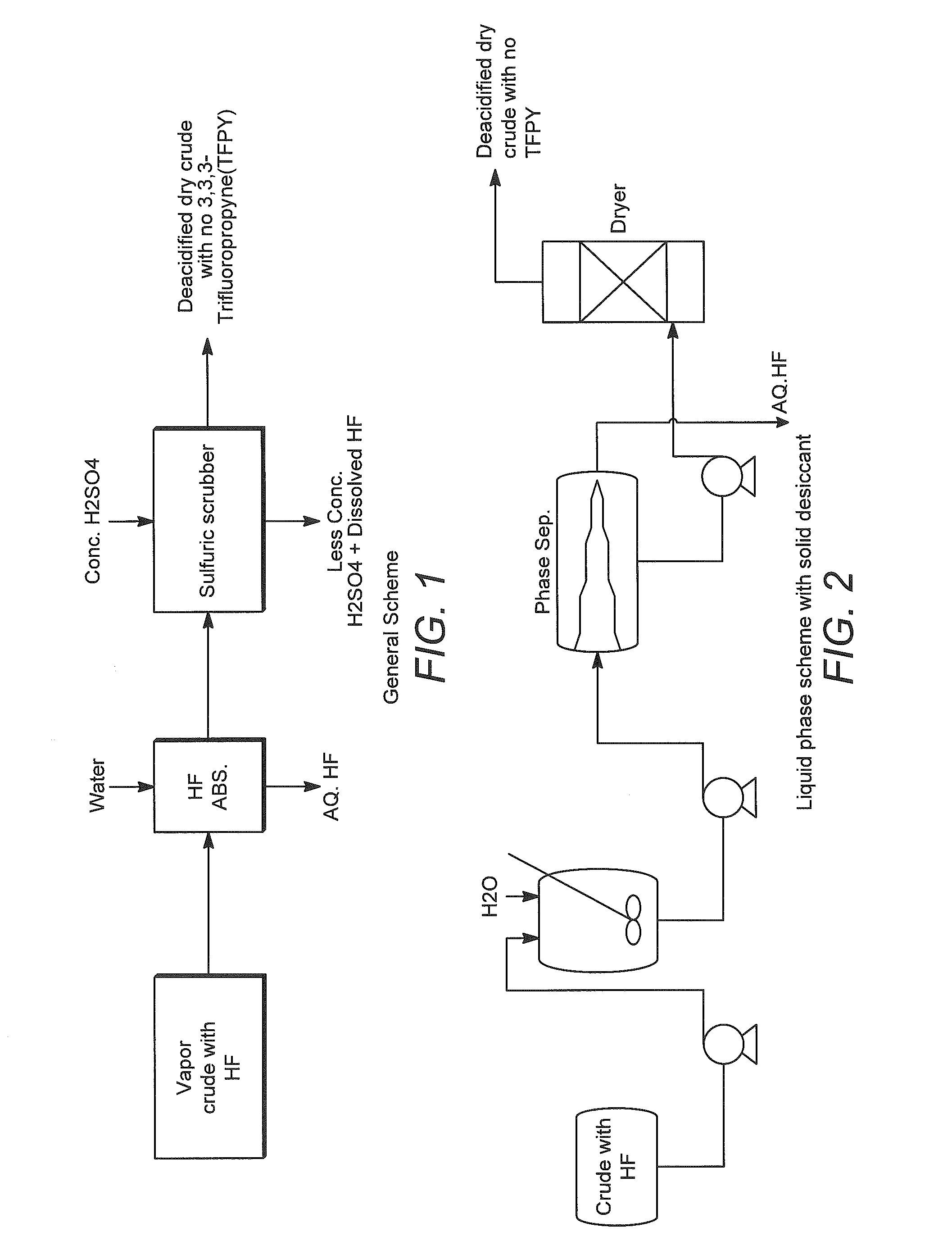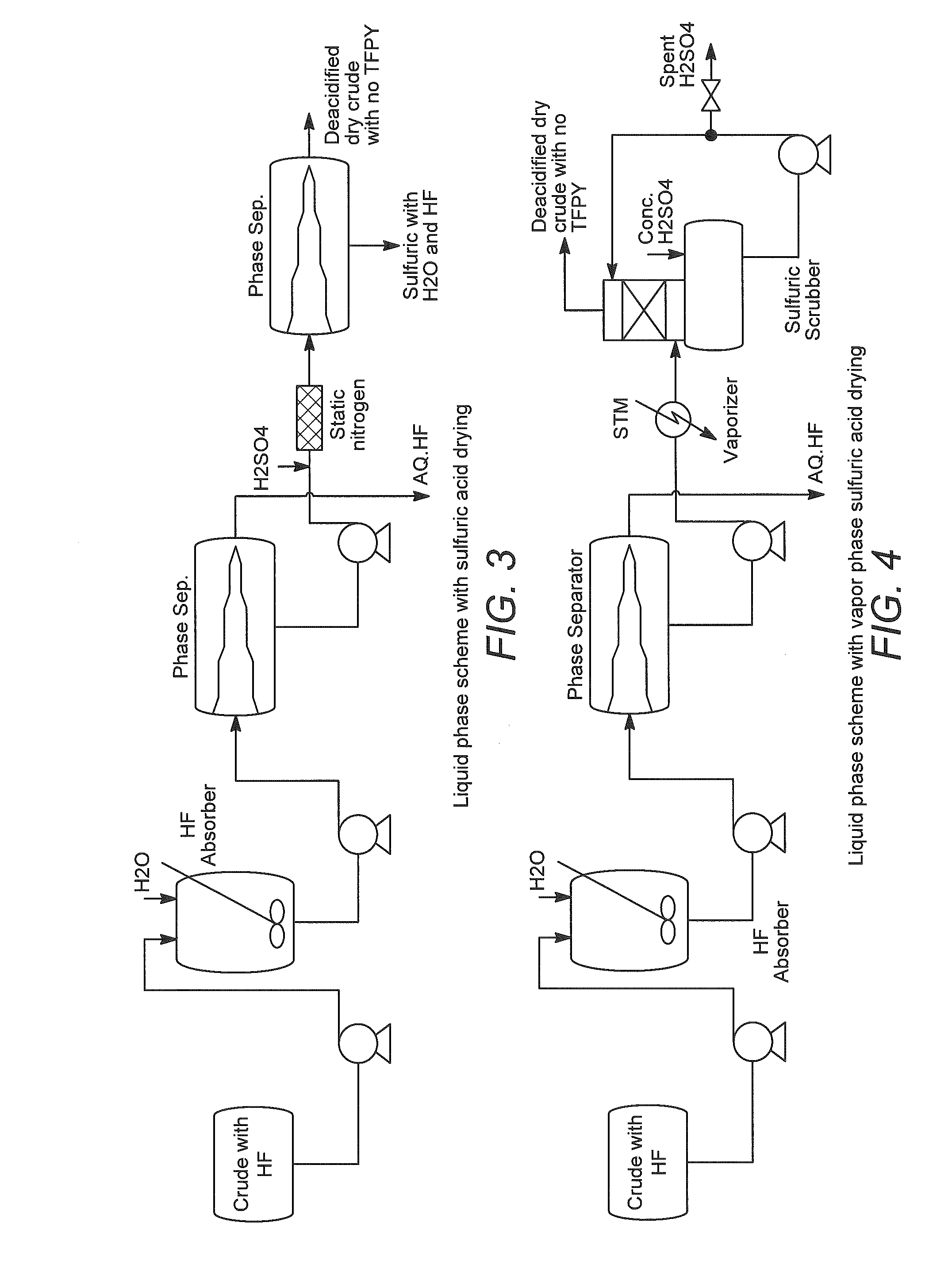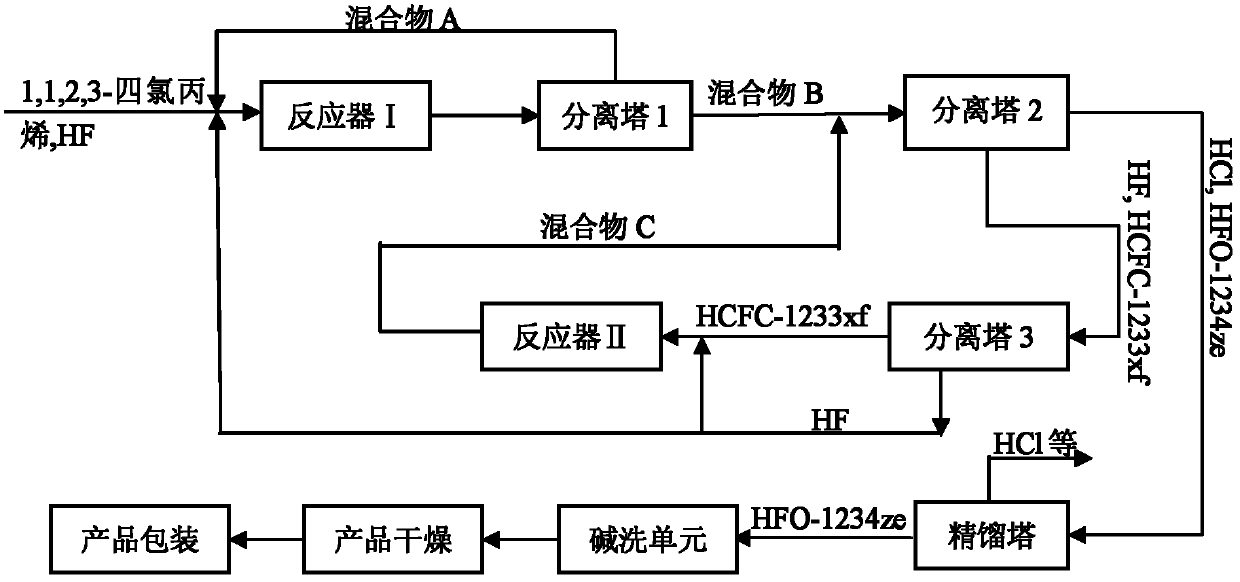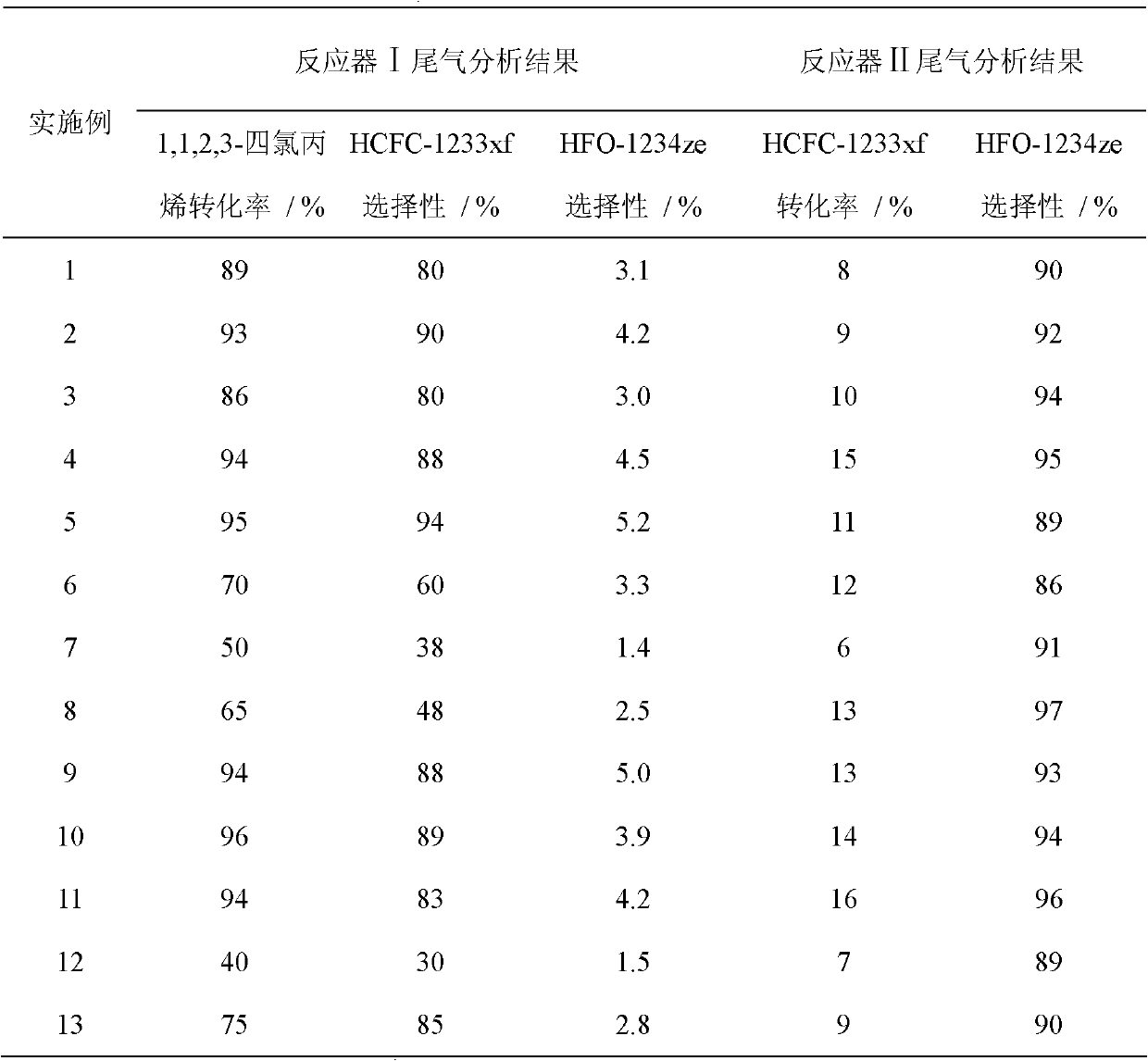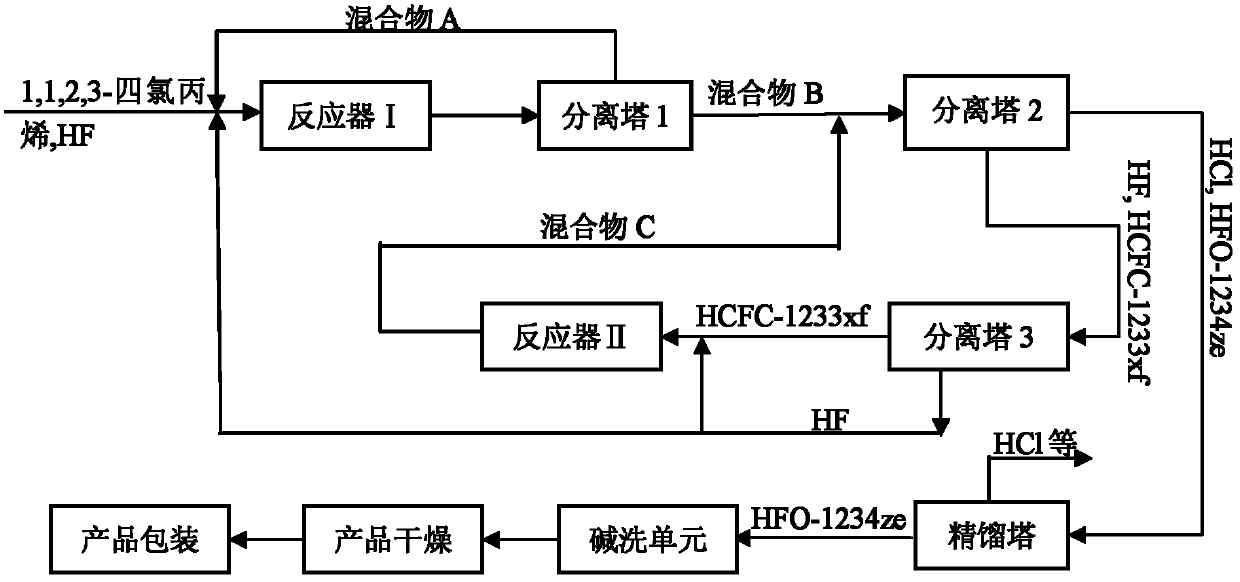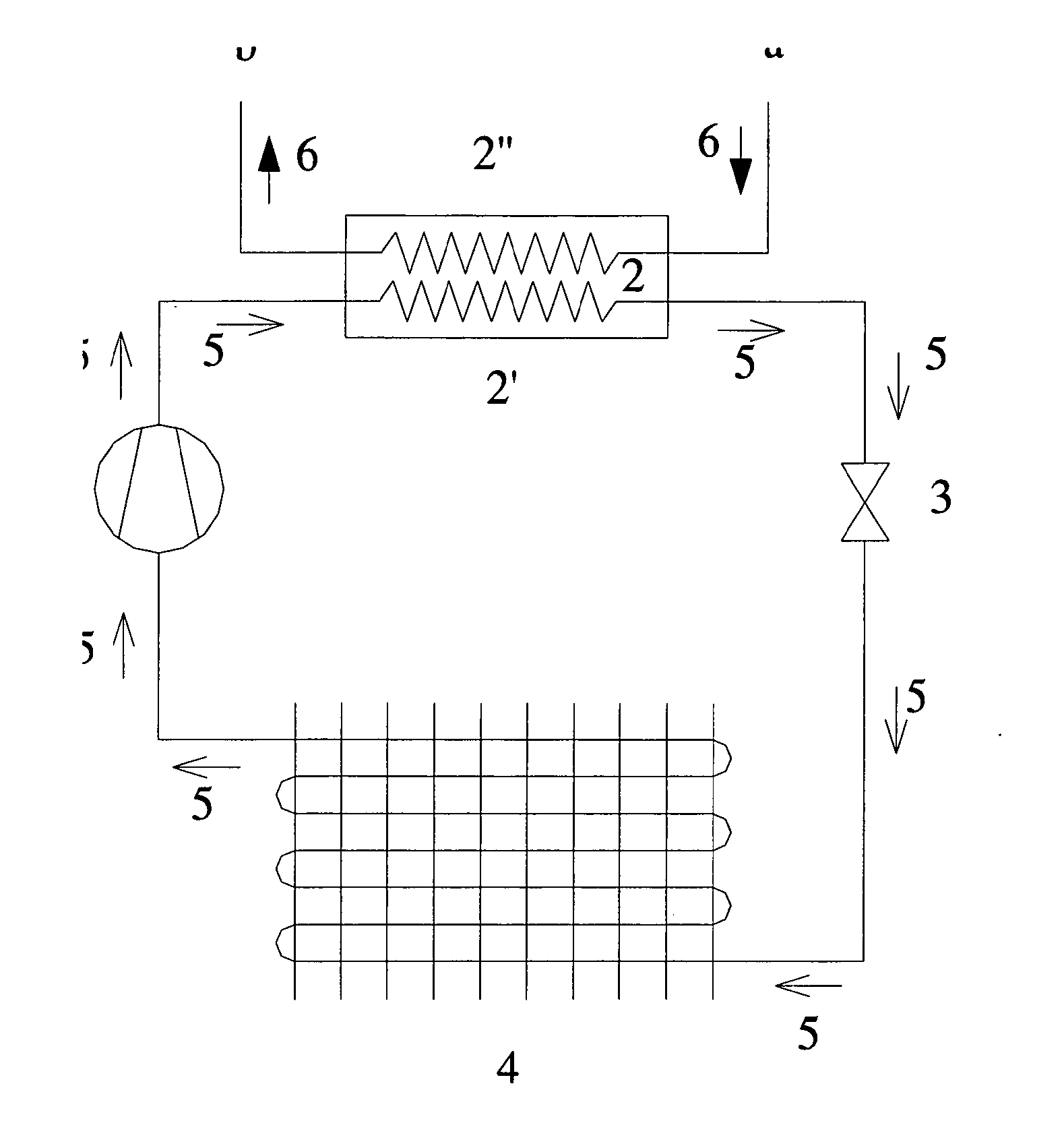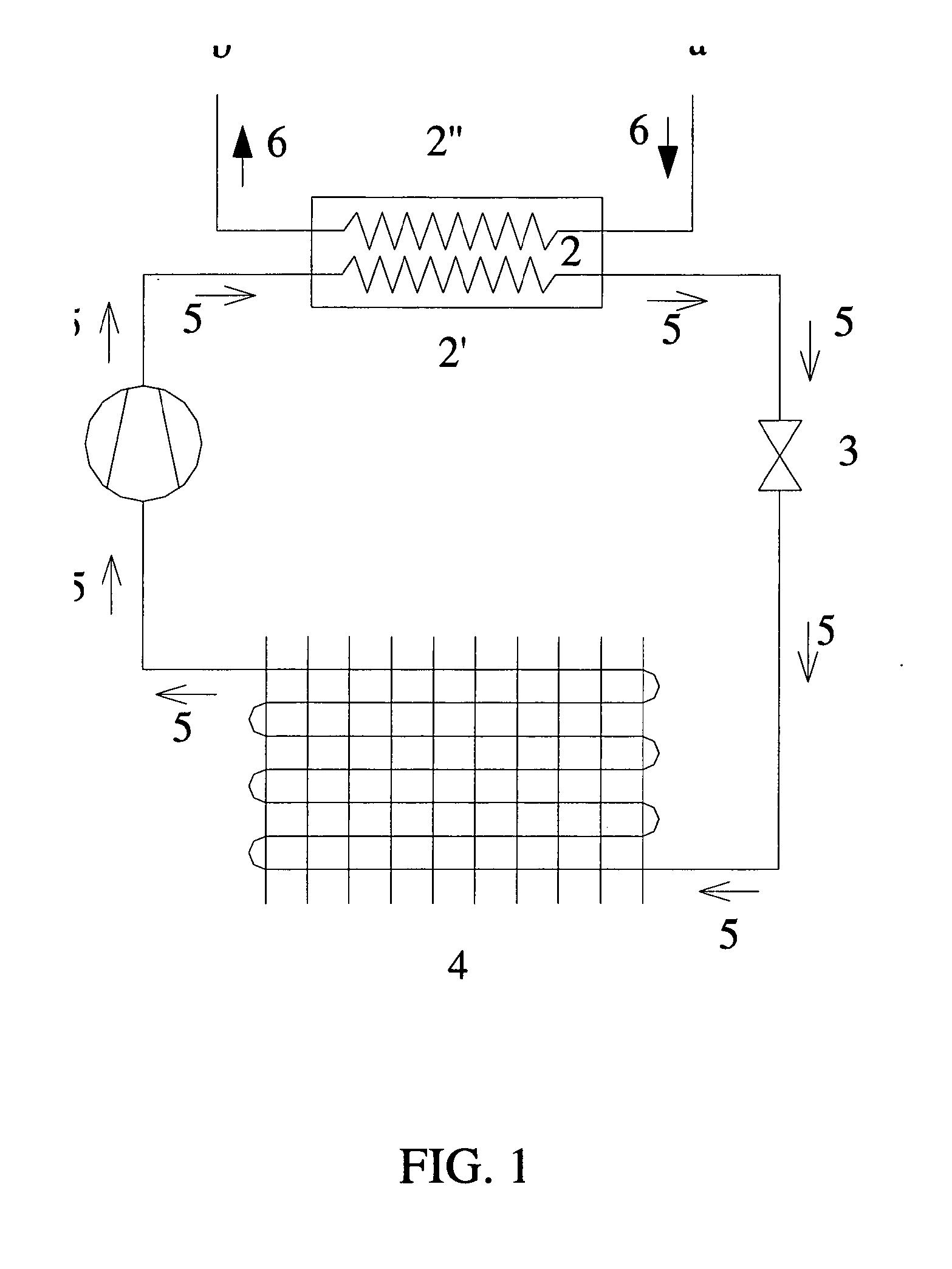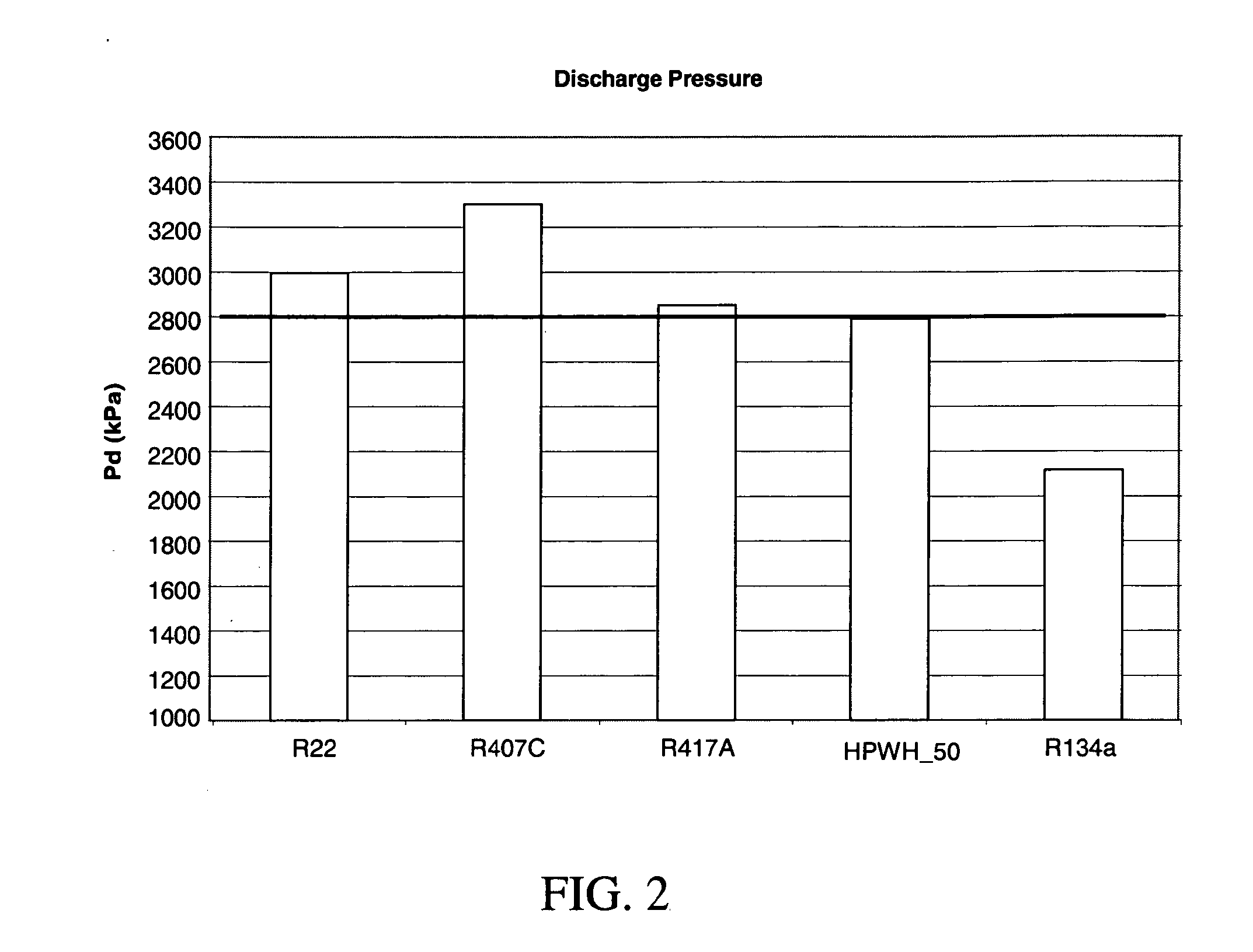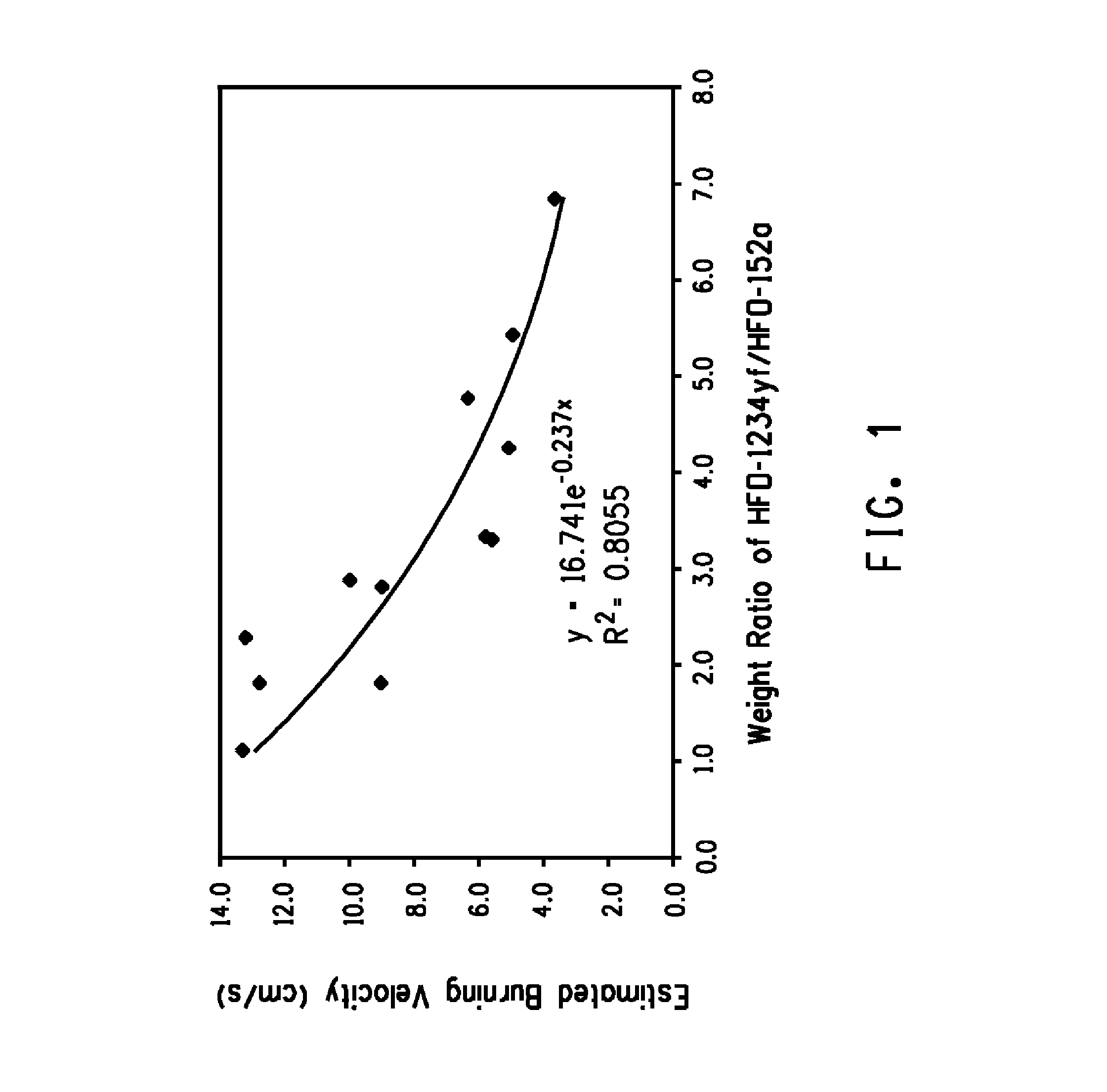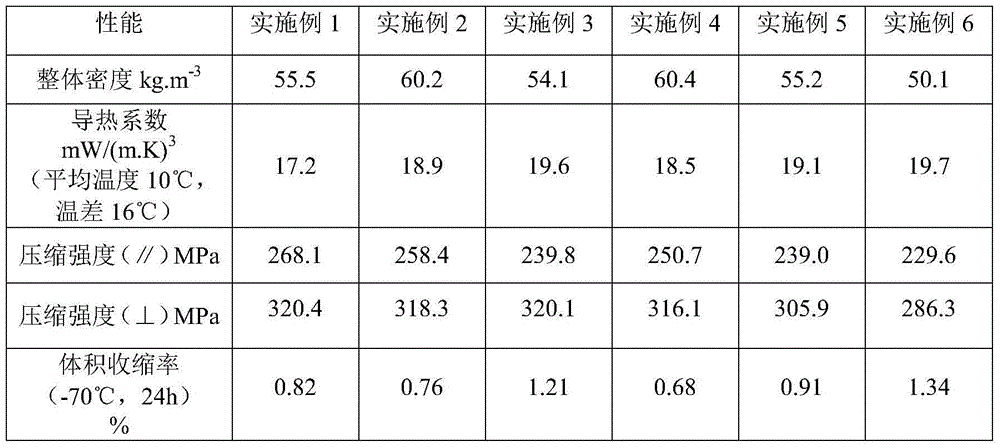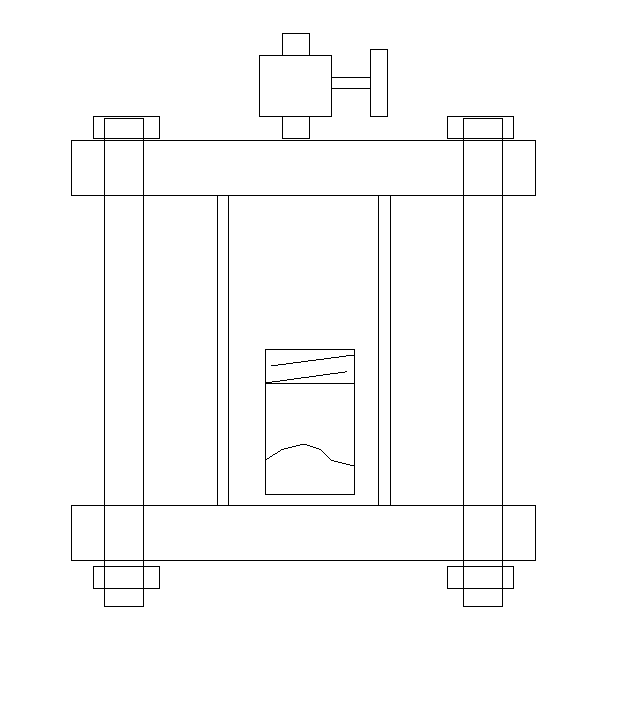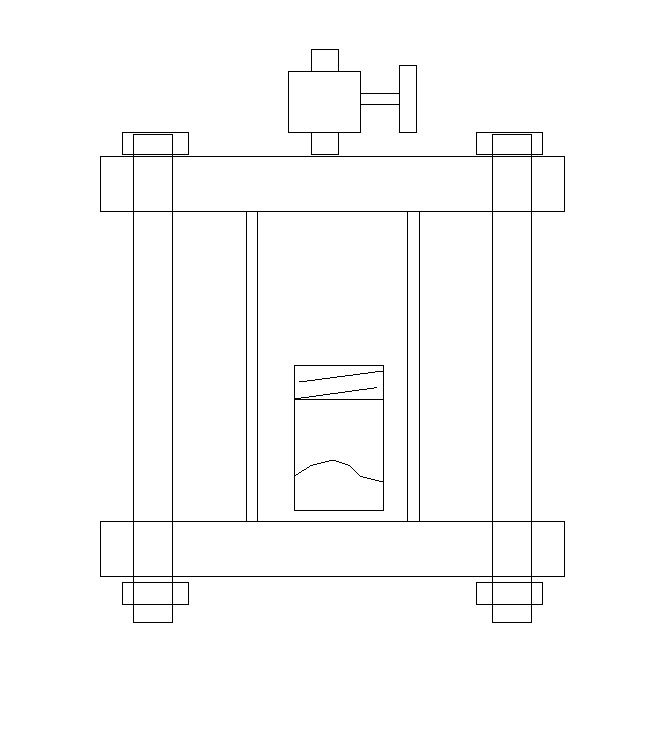Patents
Literature
Hiro is an intelligent assistant for R&D personnel, combined with Patent DNA, to facilitate innovative research.
99 results about "HFO-1234ze" patented technology
Efficacy Topic
Property
Owner
Technical Advancement
Application Domain
Technology Topic
Technology Field Word
Patent Country/Region
Patent Type
Patent Status
Application Year
Inventor
1,3,3,3-Tetrafluoropropene (HFO-1234ze) is a hydrofluoroolefin. It was developed as a fourth generation refrigerant to replace R-134a and as a blowing agent for foam and aerosol applications. The use of R-134a is being phased out because of its high global-warming potential.
Pentafluoropropene-based compositions
ActiveUS6858571B2Reduce flammabilityMaximize effectivenessBiocideOrganic chemistry1,1-Difluoroethane1,3,3,3-Tetrafluoropropene
Provided are azeotrope-like compositions comprising pentafluoropropene (HFO-1225) and a fluid selected from the group consisting of 3,3,3-trifluoropropene (“HFO-1243zf”), 1,1-difluoroethane (“HFC-152a”), trans-1,3,3,3-tetrafluoropropene (“HFO-1234ze”), and combinations of two or more thereof. Also provided are uses thereof including as refrigerants, blowing agents, sprayable compositions, flame suppressant, and the like.
Owner:HONEYWELL INT INC
Process for the manufacture of 1,3,3,3-tetrafluoropropene
ActiveUS7829748B1Physical/chemical process catalystsPreparation by hydrogen halide split-offAlkaline earth metalOxidation state
The invention provides an economic process for the manufacture of 1,3,3,3-tetrafluoropropene (HFO-1234ze) by a two stage process. A vapor phase hydrofluorination of 1-chloro-3,3,3-trifluoropropene (HCFC-1233zd) into 1-chloro-1,3,3,3-tetrafluoropropane (HCFC-244fa) and / or 1,1,1,3,3-pentafluoropropane (HFC-245fa) is conducted, followed by the thermal dehydrochlorination of HCFC-244fa and dehydro fluorination of HFC-245fa into HFO-1234ze in the presence of a catalyst which comprises one or more of alkali metal halides, alkaline earth metal halides, halogenated metal oxides, zero oxidation state metals, zinc halides, palladium halides, and activated carbon.
Owner:HONEYWELL INT INC
Preparation method for 1,1,1,3-tetrafluoropropene
InactiveCN101215220AHigh selectivityPreparation by hydrogen halide split-offPreparation by halogen replacementHydrogen fluorideAfter treatment
The invention discloses a process for preparing 1, 1, 1, 3-HFO-1234ze, which resolves the problem of low selectivity of HFO-1234ze. The invention takes 1, 1, 1, 3, 3-HCC-240fa as raw material, including the following steps that a, placing hydrogen fluoride (HF) and HCC-240fa into a reactor to react with fluorination catalyst, b, distilling and detaching the produced fluid in step a which flows into a distillation tower, the tower bottom components of 1, 1, 1, 3, 3-HCC-240fa, 1-chlorine-3, 3, 3-HCFC-1233zd and hydrogen fluoride recycle to the reactor, the tower top components of hydrogen fluoride and HFO-1234ze enter after-treatment system and obtaining object product HFO-1234ze after processes of deoxidation, dehydration and distillation and the like. The invention is mainly used to prepare HFO-1234ze.
Owner:XIAN MODERN CHEM RES INST
Azeotrope-like compositions comprising 1-chloro-3,3,3-trifluoropropene
ActiveUS20120128964A1Cosmetic preparationsOrganic active ingredientsZeotropic mixture1,3,3,3-Tetrafluoropropene
An azeotrope-like mixture consisting essentially of a binary azeotrope-like mixture consisting essentially of trans-1-chloro-3,3,3-trifluoropropene (trans-HFO-1233zd) and a second component selected from the group consisting of 2,3,3,3-tetrafluoropropene (HFO-1234yf) and trans-1,3,3,3-tetrafluoropropene (trans-HFO-1234ze), and combinations of these and various uses thereof.
Owner:HONEYWELL INT INC
Refrigerant composition capable of replacing HFC-134a
InactiveCN101851490AMeet the protection requirementsLow ODPHeat-exchange elementsEngineeringHFO-1234yf
The invention discloses a refrigerant composition capable of replacing HFC-134a, consisting of 2,3,3,3-tetrafluoropropene (HFO-1234yf), trans-1,3,3,3-tetrafluoropropene (HFO-1234ze (E)) and 1,1-difluoroethane (HFC-152a). The ozone depleting potential (ODP) value of the refrigerant composition is zero and the value of global warm potential (GWP) is extraordinary low, thus conforming to the requirement of environmental protection, and the refrigerant composition of the invention has the physical property equivalent to the physical property of HFC-134a, can be directly used for the existing HFC-134a system without redesigning a compressor.
Owner:JIMEI UNIV
Composition based on 2,3,3,3-tetrafluoropropene
Owner:ARKEMA FRANCE SA
Environment-friendly refrigerant
InactiveCN101864276AMeet the protection requirementsPromote circulationHeat-exchange elementsOzone depletion potentialClimate change
The invention discloses an environment-friendly refrigerant used for refrigerators, air-conditioners and heat pumps. The refrigerant is composed of trans-1,3,3,3-tetrafluoropropene (HFO-1234ze(E)), 1,1-difluoroethane (HFC-152a) and difluoromethane (HFC-32). The preparation method is characterized by physically mixing the components under normal temperature according to corresponding proportion. The ozone depletion potential (ODP) is zero and the global warming potential (GWP) is low, therefore, the refrigerant conforms to the requirement of environmental protection, and the refrigerant has physical property equivalent to that of HFC-134a and can be used in the existing HFC-134a system and serve as the substitute refrigerant of HFC-134a.
Owner:JIMEI UNIV
Hfo-1234ze mixed isomers with hfc-245fa as a blowing agent, aerosol, and solvent
A composition which is a blowing agent which comprises from about 75% to about 90% by weight trans-1,3,3,3-tetrafluoropropene, from about 1% to about 15% by weight cis-1,3,3,3-tetrafluoropropene, and from about 1% about 15% by weight 1,1,3,3,3-pentafluoropropane.
Owner:HONEYWELL INT INC
Refrigerant mixtures comprising tetrafluoropropene, difluoromethane, pentafluoroethane, and tetrafluoroethane, and uses thereof
ActiveUS20140331697A1High GWPsSuitable propertyCompression machines with non-reversible cycleEvaporators/condensersR-407AHFO-1234yf
A non-flammable refrigerant mixture is disclosed. The non-flammable refrigerant mixture may include from 20 weight percent to 25.5 weight percent HFO-1234yf, (b) from 20 weight percent to 24.5 weight percent HFC-32, (c) from 24.5 weight percent to 30 weight percent HFC-125, (d) from 25.5 weight percent to 30 weight percent HFC-134a, and optionally (e) from about 0.0001 weight percent to 10 weight percent trans-HFO-1234ze. These refrigerant mixtures are useful as components in compositions also containing non-refrigerant components (e.g., lubricants), in processes to produce cooling, in methods for replacing refrigerants R-404A, R-507, R-407A, R-407C, R-407F and / or R-22, and in refrigeration apparatuses.
Owner:THE CHEMOURS CO FC LLC
Binary refrigerating apparatus
InactiveUS20160018135A1Low GWP valueIncrease volumeCompression machines with cascade operationHeat-exchange elementsZeotropic mixtureEngineering
A binary refrigerating apparatus employs a refrigerant composition that has a small global-warming potential (GWP) to be earth friendly, can be used as a refrigerant capable of achieving a low temperature of −80° C., and is excellent in refrigerating capacity and other performance. A refrigerant composition used as a low-temperature-side refrigerant is a refrigerant mixture including a non-azeotropic mixture in which 20% by mass or less of carbon dioxide (R744) is mixed to difluoroethylene (R1132a). A refrigerant composition used as a high-temperature-side refrigerant is a combination of: a non-azeotropic mixture comprising the refrigerant group of difluoromethane (R32), pentafluoroethane (R125), 1,1,1,2-tetrafluoroethane (R134a) and 1,1,3-trifluoro ethane (R143a); and 1,1,1,2,3-pentafluoropentene (HFO-1234ze), having a global-warming potential (GWP) of 1500 or less.
Owner:PANASONIC HEALTHCARE HLDG CO LTD
INTEGRATED PROCESS TO CO-PRODUCE 1,1,1,3,3-PENTAFLUOROPROPANE, TRANS-1-CHLORO-3,3,3-TRIFLUOROPROPENE and TRANS-1,3,3,3-TETRAFLUOROPROPENE
InactiveUS20120271070A1Easy to adjustPreparation by hydrogen halide split-offOrganic chemistry methods1,3,3,3-TetrafluoropropenePentafluoropropane
Disclosed is a fully integrated process for making 1,1,1,3,3-pentafluoropropane (HFC-245fa), trans-1-chloro-3,3,3-trifluoropropene (HCFO-1233zd(E)), and trans-1,3,3,3-tetrafluoropropene (HFO-1234ze(E)). The chemistry involves (a) the reaction of 1,1,1,3,3-pentachloropropane (HCC-240fa), or a derivative thereof selected from 1,1,3,3-tetrachloropropene and 1,3,3,3-tetrachloropropene, with anhydrous HF in excess in the presence of a catalyst in a liquid-phase reactor in such a way as to co-produce HCFO-1233zd, HFO-1234ze, HCFC-244fa (3-chloro-1,1,1,3-tetrafluoropropane), and HFC-245fa in a first reactor; (b) the reaction of HCFO-1233zd and HFO-1234ze with HCl in excess in the presence of a catalyst in a second reactor to convert these two olefins into HCFC-243fa and HCFC-244fa, respectively; (c) the reaction of HCFC-243fa and HCFC-244fa over a dehydrochlorination catalyst or in a caustic solution in a third reactor to form HCFO-1233zd and HFO-1234ze; and (d) the reaction of HCFO-1233zd(Z) and HFO-1234ze(Z) in the presence of a catalyst in a fourth reactor to form trans-1233zd and trans-1234ze, respectively.
Owner:HONEYWELL INT INC
Compositions and uses of trans-1,1,1,4,4,4-hexafluoro-2-butene
Disclosed is a mixture comprising the compound trans-1,1,1,4,4,4-hexafluoro-2-butene and at least one additional compound selected from the group consisting of HFOs, HFCs, HFEs, CFCs, CO2, olefins, organic acids, alcohols, hydrocarbons, ethers, aldehydes, ketones, and others such as methyl formate, formic acid, trans-1,2 dichloroethylene, carbon dioxide, cis-HFO-1234ze+HFO-1225yez; mixtures of these plus water; mixtures of these plus CO2; mixtures of these trans 1,2-dichloroethylene (DCE); mixtures of these plus methyl formate; mixtures with cis-HFO-1234ze+CO2; mixtures with cis-HFO-1234ze+HFO-1225yez+CO2; and mixtures with cis-HFO-1234ze+HFC-245fa. Also disclosed are methods of using and products of using the above compositions as blowing agents, solvents, heat transfer compositions, aerosol propellant compositions, fire extinguishing and suppressant compositions.
Owner:THE CHEMOURS CO FC LLC
Processes for geometric isomerization of halogenated olefins
Disclosed are processes for the conversion of isomerizable halogenated C2-C6 olefins from one geometric form to a more preferred geometric form. Preferred process aspects involve converting C2-C6 olefin in a cis-form to a trans-form under conditions effective to convert at least about 50 percent, and even more preferably at least about 70 percent, of the cis-form compound to the trans-form compound. In preferred embodiments the C2-C6 olefin comprises tetrafluoropropene, with cis-1,3,3,3 tetrafluoropropene (cis-HFO-1234ze) being converted, preferably at high conversion rates and high selectivity, to trans-1,3,3,3 tetrafluoropropene (trans-HFO-1234ze). In preferred embodiments the conditions effective to achieve the desired high levels of conversion and selectivity include exposing the feed to a metal based catalyst selected from the group consisting of halogentated metal oxides, Lewis acid metal halides, zero-valent metals, and combinations of these, preferably under reaction conditions, including reaction temperature and residence time, effective to convert at least about 5% of the cis-form of the compound to other compounds and to further achieve a selectivity to the trans-form of the compound of at least about 70%.
Owner:HONEYWELL INT INC
Integrated process to co-produce 1,1,1,3,3-pentafluoropropane, trans-1-chloro-3,3,3-trifluoropropene and trans-1,3,3,3-tetrafluoropropene
InactiveUS8436217B2Easy to adjustPreparation by hydrogen halide split-offOrganic chemistry methods1,3,3,3-TetrafluoropropeneAlkene
Disclosed is a fully integrated process for making 1,1,1,3,3-pentafluoropropane (HFC-245fa), trans-1-chloro-3,3,3-trifluoropropene (HCFO-1233zd(E)), and trans-1,3,3,3-tetrafluoropropene (HFO-1234ze(E)). The chemistry involves (a) the reaction of 1,1,1,3,3-pentachloropropane (HCC-240fa), or a derivative thereof selected from 1,1,3,3-tetrachloropropene and 1,3,3,3-tetrachloropropene, with anhydrous HF in excess in the presence of a catalyst in a liquid-phase reactor in such a way as to co-produce HCFO-1233zd, HFO-1234ze, HCFC-244fa (3-chloro-1,1,1,3-tetrafluoropropane), and HFC-245fa in a first reactor; (b) the reaction of HCFO-1233zd and HFO-1234ze with HCl in excess in the presence of a catalyst in a second reactor to convert these two olefins into HCFC-243fa and HCFC-244fa, respectively; (c) the reaction of HCFC-243fa and HCFC-244fa over a dehydrochlorination catalyst or in a caustic solution in a third reactor to form HCFO-1233zd and HFO-1234ze; and (d) the reaction of HCFO-1233zd(Z) and HFO-1234ze(Z) in the presence of a catalyst in a fourth reactor to form trans-1233zd and trans-1234ze, respectively.
Owner:HONEYWELL INT INC
Composition based on 1,3,3,3-tetrafluoropropene
The subject of the present application is a composition comprising a lubricant based on polyol esters (POEs) or PVE and a refrigerant F comprising from 1 to 99% by weight of trans-1,3,3,3-tetrafluoropropene (trans-HFO-1234ze) and from 1 to 99% by weight of 1,1,1,3-tetrafluoroethane. The subject of the present application is also the use of said composition in refrigeration, air conditioning and heat pumps.
Owner:ARKEMA FRANCE SA
Azeotrope-Like Compositions Of Tetrafluoropropene And Water
Provided are azeotropic and azeotrope-like compositions of trans-1,3,3,3-tetrafluoropropene (HFO-1234ze(E)) and water. Such azeotropic and azeotrope-like compositions are useful in isolating trans-1,3,3,3-tetrafluoropropene from impurities during production. Azeotropes of the instant invention are similarly useful in final compositions or for the manufacture of final compositions, such as blowing agent, propellants, refrigerants, diluents for gaseous sterilization and the like.
Owner:HONEYWELL INT INC
Compositions For Totally Non-Flammable Aerosol Dusters
A composition of matter for the self-pressurized (aerosol) spraying of dusters and similar products. The composition includes a fluorinated propene-based propellant and fluorinated butene-based volatile solvent. The composition is totally non-flammable under all reasonably foreseeable conditions of use. The fluorinated propene-based propellant may include trans.1,1,1,3-tetrafluoroprop-1-ene, as typified by Honeywell Fluorine Products Division's Solstice® HFO-1234ze(E) product. The fluorinated butene-based volatile solvent may include cis. (or cis. / trans.) 1,1,1,4,4,4-hexafluoro-1-butene, as typified by the DuPont Fluorochemicals Division's Formacel® 1100 (HFO-1336mzz) product. The fluorinated propene-based propellant component may be present at about 60 to 95%. The fluorinated butene-based volatile solvent component may be present at about 5% to 40%, but preferably between about 20% to 25% and ideally at about the azeotropic concentration of about 22%. Some or all of the fluorinated butene based component may be replaced with up to about 25% of a totally non-flammable component, such as iodotrifluoromethane (CIF3).
Owner:HSI FIRE & SAFETY GROUP
Refrigerant mixtures comprising tetrafluoropropenes, difluoromethane, pentaflouroethane, and tetrafluoroethane and uses thereof
InactiveUS20150152305A1Low toxicitySuitable propertyDomestic cooling apparatusHeat-exchange elementsRefrigerationOrganic chemistry
Compositions are disclosed which contain a refrigerant component consisting essentially of at least one refrigerant having an OEL less than 400; and a combination of refrigerants, each having an OEL greater than 400, consisting essentially of HFC-134a; HFC-32; trans-HFO-1234ze; and optionally at least one refrigerant selected from the group consisting of HFC-134 and HFC-125; provided that HFC-134a is not greater than 26 weight percent of the refrigerant component and the total of HFC-134a and HFC-134 is not less than 20 weight percent of the refrigerant component; and optionally a non-refrigerant component; wherein the refrigerant component has an overall OEL of at least 400 and wherein components the refrigerant component is non-flammable. These compositions are useful in processes to produce refrigeration, in methods for replacing refrigerant R-404A or R-507A, and in refrigeration apparatus.
Owner:THE CHEMOURS CO FC LLC
Purification of trans-1,3,3,3-tetrafluoropropene
ActiveUS20120266750A1Reduce the amount requiredProductsGas treatment1,3,3,3-TetrafluoropropeneOrganic chemistry
Disclosed is a process for removing impurities from a product stream comprising trans HFO-1234ze and an HFO-1234 impurity that uses one or more adsorbents that are selective for the HFO-1234 impurity, such that the HFO-1234 impurity is removed from the product stream. One such impurity is HFO-1234zc, which is removed from its mixture with trans HFO-1234ze by action of an adsorbent having pores in the range of from about 5 angstroms to about 10 angstroms.
Owner:HONEYWELL INT INC
Mixed refrigerant
InactiveCN104232022AEnvironmentally friendlyPotential ODP value decreasedChemical industryHeat-exchange elementsBusiness efficiency1,3,3,3-Tetrafluoropropene
Owner:SINOCHEM LANTIAN +1
Compositions comprising tetrafluoropropene and methods of use thereof
Owner:THE CHEMOURS CO FC LLC
Process to suppress the formation of 3,3,3-trifluoropropyne in fluorocarbon manufacture
ActiveUS20140275662A1High affinityReduce moisturePreparation by hydrogen halide split-offOrganic chemistry methodsEngineeringFluorocarbon
Owner:HONEYWELL INT INC
Preparation method of 1,1,1,3-tetrafluoropropene
The invention discloses a preparation method of 1,1,1,3-tetrafluoropropene. The method comprises the following steps of: filling a fluorination catalyst into the front end of a reactor I and filling a Pd / AlF3 / C catalyst into the back end of the reactor I, wherein the volume ratio of the fluorination catalyst to the Pd / AlF3 / C catalyst is (3-1):(1-2); filling a Pd / AlF3 / C catalyst into a reactor II; reacting 1,1,2,3-tetrafluoropropene with fluorine hydride gas in the reactor I in the molar ratio of 1:(10-50) at the temperature of 250-400 and the air speed of 600-1,000 h<-1> under the normal pressure, and feeding produced fluorine hydride, HCFC-1233xf, chlorine hydride and HFO-1234ze into a separating tower 2; feeding separated HCl and HFO-1234ze into a rectifying tower; feeding HF and HCFC-1233xf into a separating tower 3, feeding the separated HCFC-1233xf and a part of HF into the reactor II in the molar ratio of 1:(5-45), reacting at the temperature of 250-400 DEG C and the air speed of 600-1,000 h<-1> and under the normal pressure, and circulating tail gas to the separating tower 2; and separating gas entering the rectifying tower through the rectifying tower, separating a fraction HCl and other side products out, washing HFO-1234ze with alkali, drying and packaging. The method has a simple process flow, and the selectivity of 1,1,1,3-tetrafluoropropene is high.
Owner:海宁市袁花镇工业投资有限公司
Tetrafluoropropene based blowing agent compositions
The present invention relates to blowing agent compositions comprising tetrafluoropropene (HFO) and at least one co-blowing agent selected from carbon dioxide, water, alkanes and an alcohol used in the preparation of foamable thermoplastic compositions having low density. The HFOs include, but are not limited too, cis- and / or trans-1,3,3,3-tetrafluoropropene (HFO-1234ze), 2,3,3,3-tetrafluoropropene (HFO 1234yf), or mixtures thereof. The blowing agent compositions are useful in the production of low density insulating foams with improved R value.
Owner:ARKEMA INC
Azeotrope-like compositions of cis-1,3,3,3-tetrafluoropropene and 1,1,1,3,3-pentafluoropropane
InactiveUS20130075063A1Reduce flammabilityOther chemical processesSnowboard bindings1,3,3,3-TetrafluoropropeneRefrigeration
The present invention provides azeotrope-like compositions of cis-1,3,3,3-tetrafluoroprone (HFO-1234ze (Z)) with 1,1,1,3,3-pentafluoropropane (HFC-245fa) and uses thereof, including use in refrigerant compositions, refrigeration systems, blowing agent compositions, and aerosol propellants.
Owner:HONEYWELL INT INC
Hydrofluorocarbon refrigerant compositions for heat pump water heaters
ActiveUS20120096877A1Maintain good propertiesReliable and efficient wayHeat pumpsCompression machines with non-reversible cycleEngineeringHydrofluorocarbon
Hydrofluorocarbon refrigerant compositions enable the use of existing compressor technologies in heat pump water heaters in a reliable (low discharge temperatures and pressures) and efficient (high capacity and efficiency) manner. The refrigerant comprises blends of pentafluoroethane (HFC-125), difluoromethane (HFC-32), tetrafluoroethane (HFC-134a) and tetrafluoropropene (HFO-1234ze).
Owner:HONEYWELL INT INC
Compositions comprising tetrafluoropropene and methods of use thereof
Owner:THE CHEMOURS CO FC LLC
Hard polyurethane foam for ultralow-temperature insulation and preparation method thereof
InactiveCN104788642AGood dimensional stabilityThe preparation method is simple and reliableFoaming agentSteam pressure
The invention discloses a hard polyurethane foam for ultralow-temperature insulation, which is prepared by independently foaming trans-1,3,3,3-tetrafluoropropylene or foaming the trans-1,3,3,3-tetrafluoropropylene with cyclopentane. By utilizing the characteristic that HFO-1234ze has higher steam pressure at low temperature, the polyurethane foam has favorable dimensional stability at ultralow temperature, and is applicable to the field of ultralow-temperature insulation. The hard polyurethane foam for ultralow-temperature insulation is prepared by mixing composite polyethers and poly MDI (methylenediphenyl diisocyanate) in a mass ratio of 1:(1.1-1.3), wherein the composite polyethers contain a physical foaming agent and a chemical foaming agent; the physical foaming agent is HFO-1234ze or an HFO-1234ze-cyclopentane mixture; and the chemical foaming agent is water.
Owner:NANJING FORESTRY UNIV
Azeotrope-like compositions comprising 1-chloro-3,3,3-trifluoropropene
ActiveUS8734671B2Cosmetic preparationsOrganic active ingredientsZeotropic mixture1,3,3,3-Tetrafluoropropene
An azeotrope-like mixture consisting essentially of a binary azeotrope-like mixture consisting essentially of trans-1-chloro-3,3,3-trifluoropropene (trans-HFO-1233zd) and a second component selected from the group consisting of 2,3,3,3-tetrafluoropropene (HFO-1234yf) and trans-1,3,3,3-tetrafluoropropene (trans-HFO-1234ze), and combinations of these and various uses thereof.
Owner:HONEYWELL INT INC
1234yf- and 1234ze-based polymeric membrane materials, membrane preparations and uses thereof
InactiveUS20140339167A1Sufficient solubilityHigh hydrophobicity-similarMembranesIsotope separationFiltrationPervaporation
The present invention generally relates to polymeric membrane materials formed, at least in part, from monomeric material selected from 2,3,3,3-tetrafluoropropene (CF3CF═CH2, HFO-1234yf) or trans-1,3,3,3-tetrafluoropropene (CF3CH═CFH, HFO-1234ze), and to membrane preparations and uses thereof in water desalination, filtration, membrane distillation, pervaporation, and selective gas separation.
Owner:HONEYWELL INT INC
Features
- R&D
- Intellectual Property
- Life Sciences
- Materials
- Tech Scout
Why Patsnap Eureka
- Unparalleled Data Quality
- Higher Quality Content
- 60% Fewer Hallucinations
Social media
Patsnap Eureka Blog
Learn More Browse by: Latest US Patents, China's latest patents, Technical Efficacy Thesaurus, Application Domain, Technology Topic, Popular Technical Reports.
© 2025 PatSnap. All rights reserved.Legal|Privacy policy|Modern Slavery Act Transparency Statement|Sitemap|About US| Contact US: help@patsnap.com
